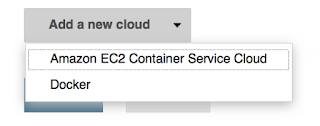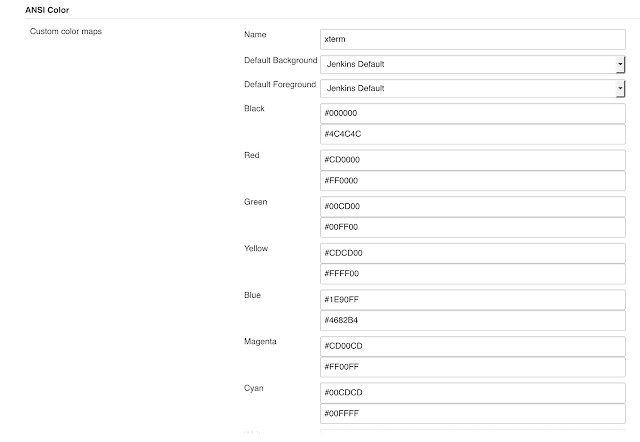Setup Build - SCM System from beginning
This topic is specially for users who are new to the Build, SCM and Release Management and need to understand how can they setup the infrastructure and what are their options.
To Build the system to automate the build and deployment
process there are few main areas which needs to be covered. Following are our prerequisite.
- Source code
- Builds System
- Deployments
- QA Automation
To describe above here are main ingredients
Ingredients:-
- Configuration Management
- continuous
integration/ Automated Build
- Automated
Deployment
- Automated testing
**Configuration management**
Very fist step is to align your development practice is to select the right Source control tool. Once you have tool then you need to think of branching policy to make sure the
starting point of the workflow is well defined and accepted by developers
during their development phase.
There could be lots of process around merging, branching
code review etc which needs to be address and policy driven. Some key points could
be
- Developments and release branch should be separate.
- Each change goes qualifies for next stage only if
reviewed.
- Code quality (static analysis ) should not go down.
Source control tool
- SVN (Free)
- CVS (Free)
- Git (Free)
-Perforce (Paid)
-Clearcase (Paid)
I would suggest git may be the best suitable source code
tool for same. SVN can also be used with few scripting from admin part and may come out with very nice features.
**Build system**
Team needs to have robust and automated build system which
can take care of all our needs (build, analysis, deployment etc).
- There need to have automated build system which can keep
building the source code from various branches to make sure we catch the broken
piece fast.
- Build can run the unit test and provide report
- Build can check the health of the code by running findbugs
and checkstyle (if any).
Above checks can verify the heath and quality of the code
(static analysis).
Nothing should go beyond this point if any of above is not
matching with our criteria.
Tools - I would suggest git+ jenkins work best here. We can make
use of Git pull request to be build via jenkins to make sure pull request code
is not bringing code quality down. We should use maven repository management to
handle artifacts like nexus or artifactory.
Till this point we have reached to qualify the minimum
criteria for continuous Integration.
Here are few tools which comes under Build system
Build Tools
- Maven
- Gradle
- Make
CI tool
- Cruise control
- Luntbuild
-Bamboo
Repository management
- Artifactory
(Above are not open source but they are free to use with
limited features).
Code quality check
- jacoco
- cobertura
**Deployments -**
Deployments are the next big bottleneck for the continuous
delivery.
We need to have Deployment tool to move ahead, We can choose
- configuration management tool like puppet or chef
- Private cloud
management (Openstack)
- Third party tool like xl deploy, Udeploy etc..
Deployment strategy can be choosen on the basis of our need
and the tool we are using, most of the plugins are available in jenkins (or
bamboo) to make tight integration of build and deployment.
(At this stage i am not considering the dynamic provisioning
of hardware in this section).
**Automated testing**
Once deployment phase is over QA regression suit can be
trigger via jenkins (or any other tool) and entire reports can be publish to central
QA metrics board.
This this point we can even use jacoco/cobertura to provide functional
code coverage(for Java code) to demonstrate how much % of code QA regression/automation is
covering and what is the level of automation.
Similar way job can be setup to raise jira/bug ticket to
file issues found during any of the above step.
Finally we can have last step which can perform the
final release build and push to staging /production in similar fashion.
**Resource Provisioning**
Developers/QA can just get the hardware either from infra
team or if auto provisioning is enabled they can setup the environment and use
the jenkins to perform build+deployment+QA
If we talk about automatic scaling of environment, we can
use AWS for same.
Jenkins has AWS plugin to launch instance, This can be setup
to launch instance dynamically and run the application and perform the QA
Automation. Once need is over aws instance can be terminated automatically.


Comments
Post a Comment